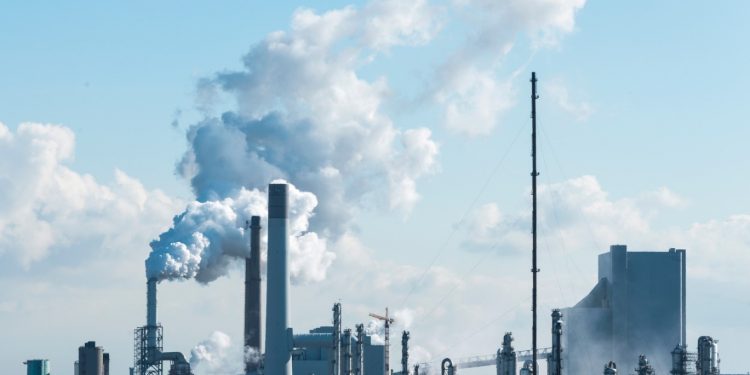Environmental pollution poses a significant challenge to Bangladesh’s growth and prosperity. From air and water pollution to waste management issues, addressing these problems is vital for sustainable economic development and public health improvement. This article delves into the key environmental challenges in Bangladesh and highlights the urgent actions required for a cleaner, greener future.
1. The State of Pollution in Bangladesh
Environmental pollution has far-reaching effects on the country’s development.
- Air Pollution: Major cities, including Dhaka, face alarmingly high levels of air pollution due to industrial emissions, vehicle exhaust, and brick kilns.
- Water Contamination: Rivers like Buriganga are heavily polluted with industrial waste, posing risks to aquatic ecosystems and human health.
- Solid Waste: Ineffective waste management leads to plastic and other pollutants clogging urban areas and waterways.
2. Impacts on Health and Economy
Pollution directly affects Bangladesh’s economy and the well-being of its citizens.
- Health Risks: Respiratory diseases, waterborne illnesses, and other health conditions are rising due to poor environmental quality.
- Economic Costs: Healthcare expenses and reduced workforce productivity strain the economy.
- Agriculture: Polluted water and air affect crop yields, threatening food security.
3. Government Initiatives and Policies
The Bangladeshi government has introduced measures to combat pollution.
- Clean Air Programs: Efforts to regulate industrial emissions and promote cleaner technologies are underway.
- Water Pollution Laws: Stricter enforcement of waste disposal regulations in rivers and industrial zones is a priority.
- Waste Management Projects: Initiatives to improve recycling and reduce plastic usage are gaining momentum.
4. Role of International Cooperation
Global partnerships play a crucial role in addressing pollution.
- Financial Aid: International organizations like the World Bank support environmental projects in Bangladesh.
- Knowledge Sharing: Collaboration with countries that have successfully tackled pollution offers valuable insights.
- Technology Transfer: Advanced technologies for clean energy and waste management are critical for progress.
5. Pathways to a Sustainable Future
Bangladesh must prioritize environmental protection for long-term growth.
- Community Engagement: Raising awareness about pollution and encouraging sustainable practices are essential.
- Investing in Green Technology: Renewable energy and eco-friendly industries can reduce environmental strain.
- Policy Reforms: Strengthening environmental regulations and ensuring their enforcement is key to lasting change.
Conclusion:
Addressing environmental pollution is imperative for Bangladesh’s development journey. By focusing on sustainable practices, robust policies, and international cooperation, the country can ensure a healthier environment and a stronger economy. A collective effort from the government, industries, and citizens will pave the way for a brighter, pollution-free future in Bangladesh.




